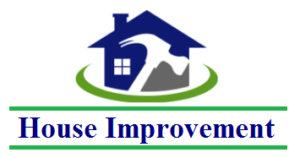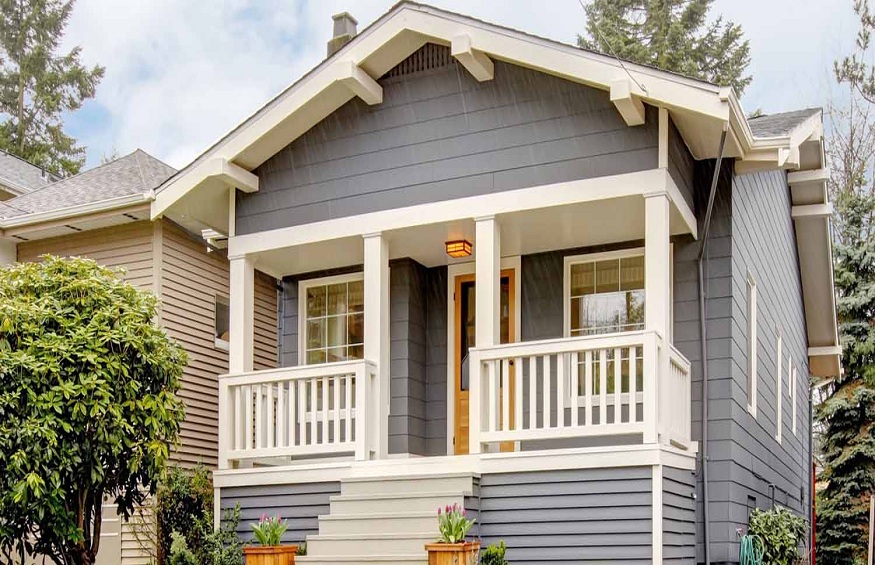Buying a first home is a crucial stage in the life of a person, a couple or a young family. It will have significant financial and social repercussions. Buying a first home also comes with its share of responsibilities. This is why it is important to inform yourself before making this purchase. Here are the relevant things to know before making the biggest expense of your life.
The type of house
In the Quebec real estate market, there are different types of housing. Individual homes, townhouses, condominiums, income properties s , mobile homes, etc.
This choice of ownership is important as it will affect the lifestyle of the buyer. Indeed, each of these options comes with its peculiarities and its degree of privacy.
For example, in a condominium, you are not necessarily free to do what you want. You must respect the voted regulations such as the prohibitions to have animals or to install a barbecue on your balcony. In addition, a semi-detached house requires the sharing of a party wall and respect for the tranquility of the neighbor. An income property, for its part, implies being a landlord and meeting certain obligations.
Each of these options also brings costs to consider and calculate before making a purchase.
The costs to consider
Any purchase of property comes with a municipal and school tax bill. Some cities charge higher taxes than others. In addition, there is also the welcome tax to be expected.
Also called the transfer tax, it is a fixed sum to be paid to the city when buying a house. You will inevitably receive it in the days following your move in.
Be aware that under the Civil Code of Quebec, in the event of non-payment of taxes, municipalities and school boards can deposit a legal mortgage on your house or simply seize it if you do not remedy the situation. It is therefore crucial to make your payments correctly when the time comes.
When it comes to condominiums, you have to take into account the monthly condominium fees. It may also happen that special contributions are requested for major repairs to the building. The new buyer should consider these costs and their impact on their budget. An unpaid condominium association can also register a legal mortgage in the event of non-payment.
Other costs related to your purchase decision include:
The moving costs.
The costs of moving in land.
Renovations or the purchase of new furniture.
The notary’s fees.
Inspection fees.
The costs associated with your mortgage.
Down payment and financing
First-time buyers tend to aim too high for the value of their first home. They also have the reflex to put all their savings in their down payment in order to avoid paying too much interest. However, these two examples lead to serious problems and often take buyers by the throat.
Fortunately, each financial institution has its own mortgage brokers who will try to guide you financially and explain interest, administration fees s , payment terms, the interest rate, the advantages and disadvantages of fixed or variable rate, etc. On the other hand, the buyer must take charge of budget management and cost anticipation. They should be considered before signing a mortgage contract, as defaults can lead to a drop in your credit score or, even worse, a repossession of your home by the creditor.
In Quebec, the amount needed for a down payment is 20% of the purchase price of the house. However, it is possible to buy with a down payment of 5% or more, provided you pay a mortgage loan insurance premium. This insurance allows the creditor to protect themselves in the event of default, but also allows young buyers to buy with a lower down payment, while benefiting from an interest rate equivalent to a higher down payment.
Often, the acceptance of a promise to purchase by the seller is conditional on obtaining financing from the buyer by a creditor.
The promise to purchase and the inspection
Once you’ve visited your dream home, you make a promise to purchase. One of the conditions of the promise to purchase is the inspection of the house. This step is the buyer’s responsibility. The seller, on the other hand, fills out a seller’s declaration to inform the buyer of the condition of the house he is buying.
The seller’s inspection and declaration helps the new buyer assess potential problems and analyze the costs and repairs needed to maintain and maintain the home. They also allow the buyer to be vigilant and avoid cases of hidden defects.
The legal guarantee of quality
When selling a home, the buyer should check whether it comes with or without a legal warranty of quality. This warranty is a protection offered to buyers by law. It guarantees that the seller issues a good free from defects.
For its part, the purchase without legal warranty is often made at a price lower than its true value, but this comes without the possibility of making a recourse for latent defects. The house is then sold as seen. In some cases, however, there is a remedy when the seller was in bad faith. In this event, it is advisable to contact a lawyer to find out about your rights.
For new buyers, keep in mind that when you discover a defect, the first instinct to have is to report it to your seller. Many cases are lost in court because the work was done too quickly and the whistleblowing rules were not followed. So, if you discover what you believe to be a hidden defect, you can consult this article for legal advice and guidance on the steps you should take.
The sale
The last step before becoming an owner will be to go before the notary to sign the deed of sale and to exchange the keys. The new buyer will therefore be able to peacefully live in his new home.
Be aware, however, that if you are caught in a dispute concerning the purchase of a house, whether it is the non-respect of a promise to purchase or the discovery of a hidden defect, you should consult a lawyer. This will ensure that you are doing the right thing and that you understand and respect your rights.




